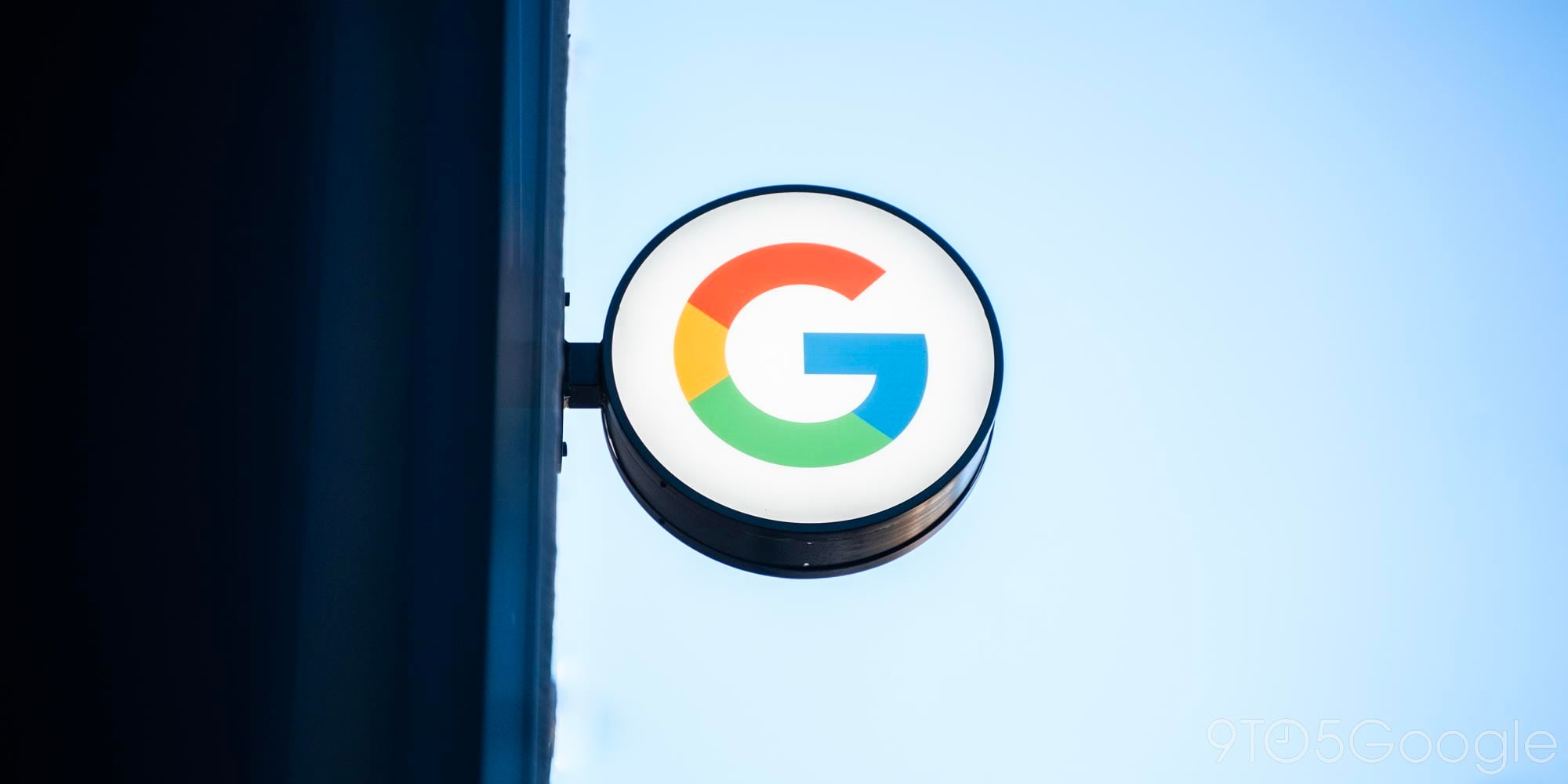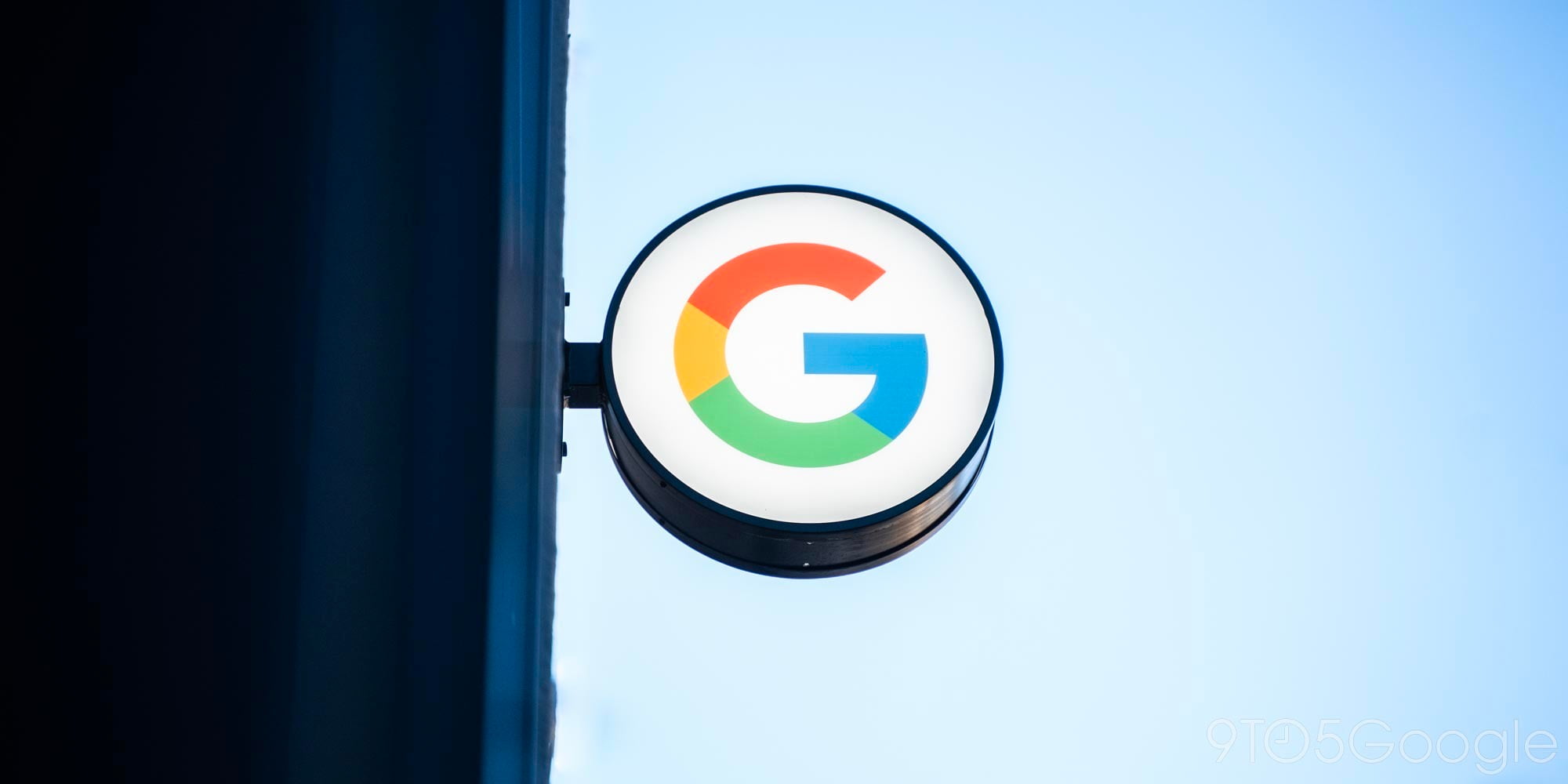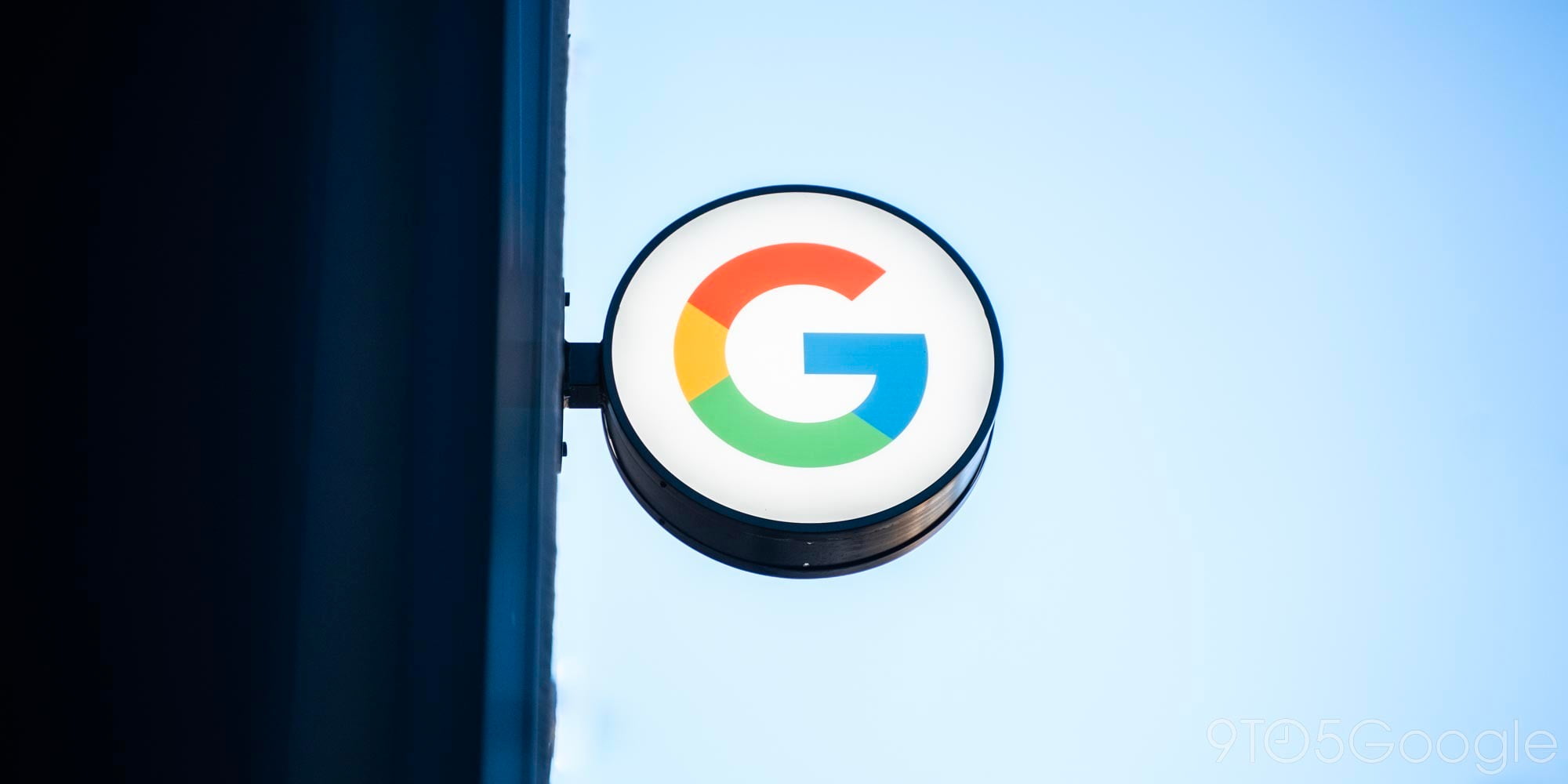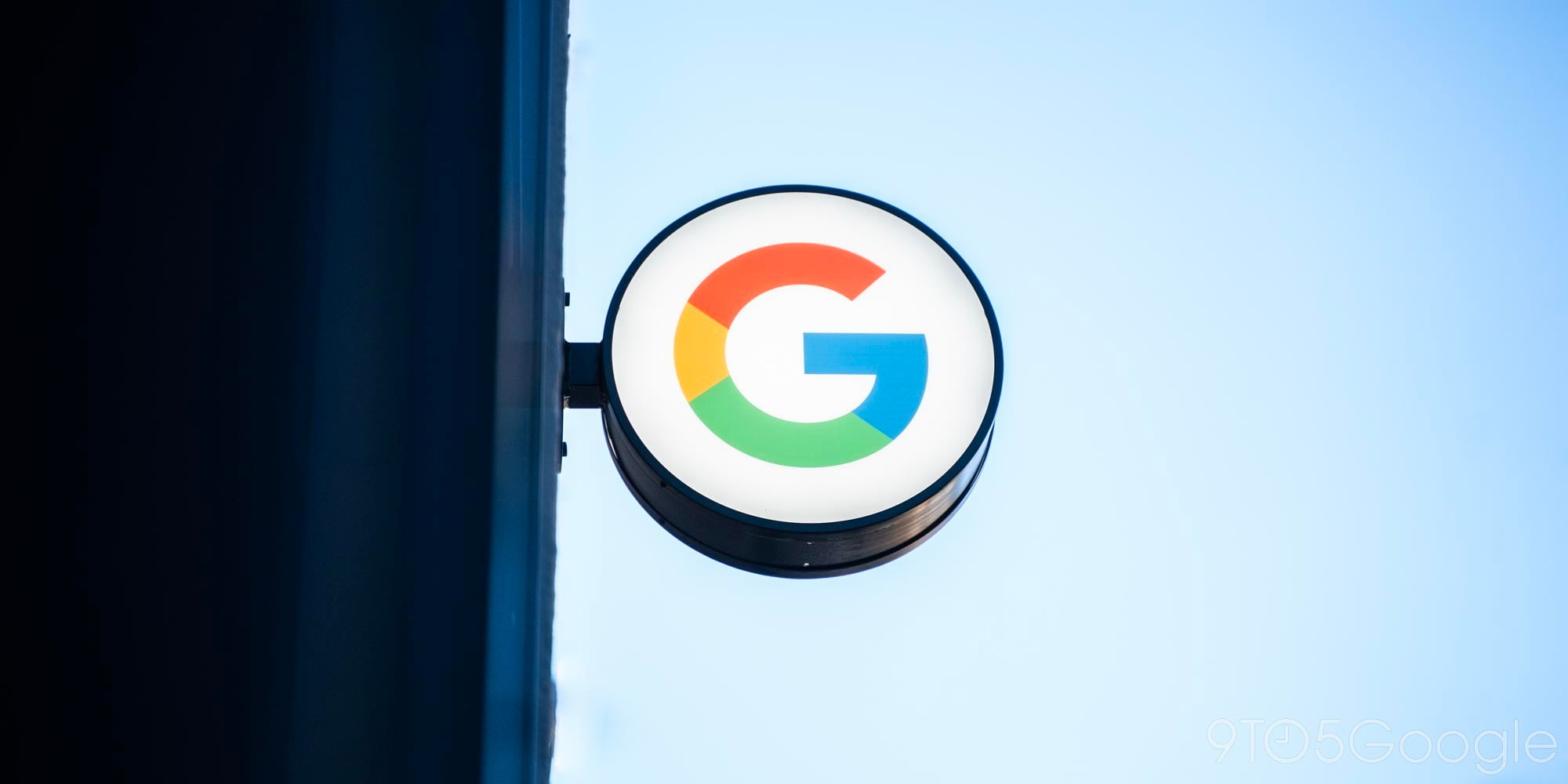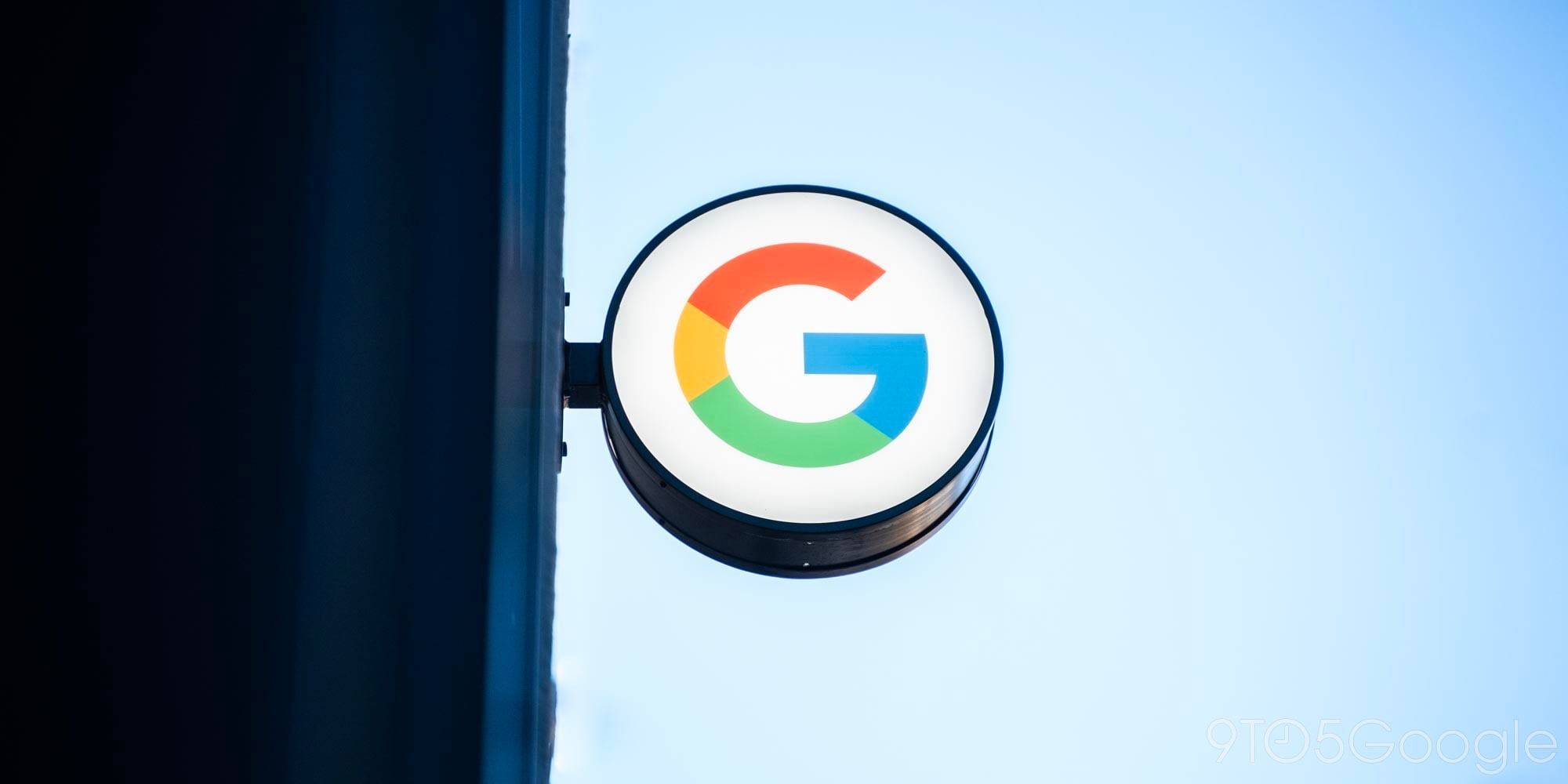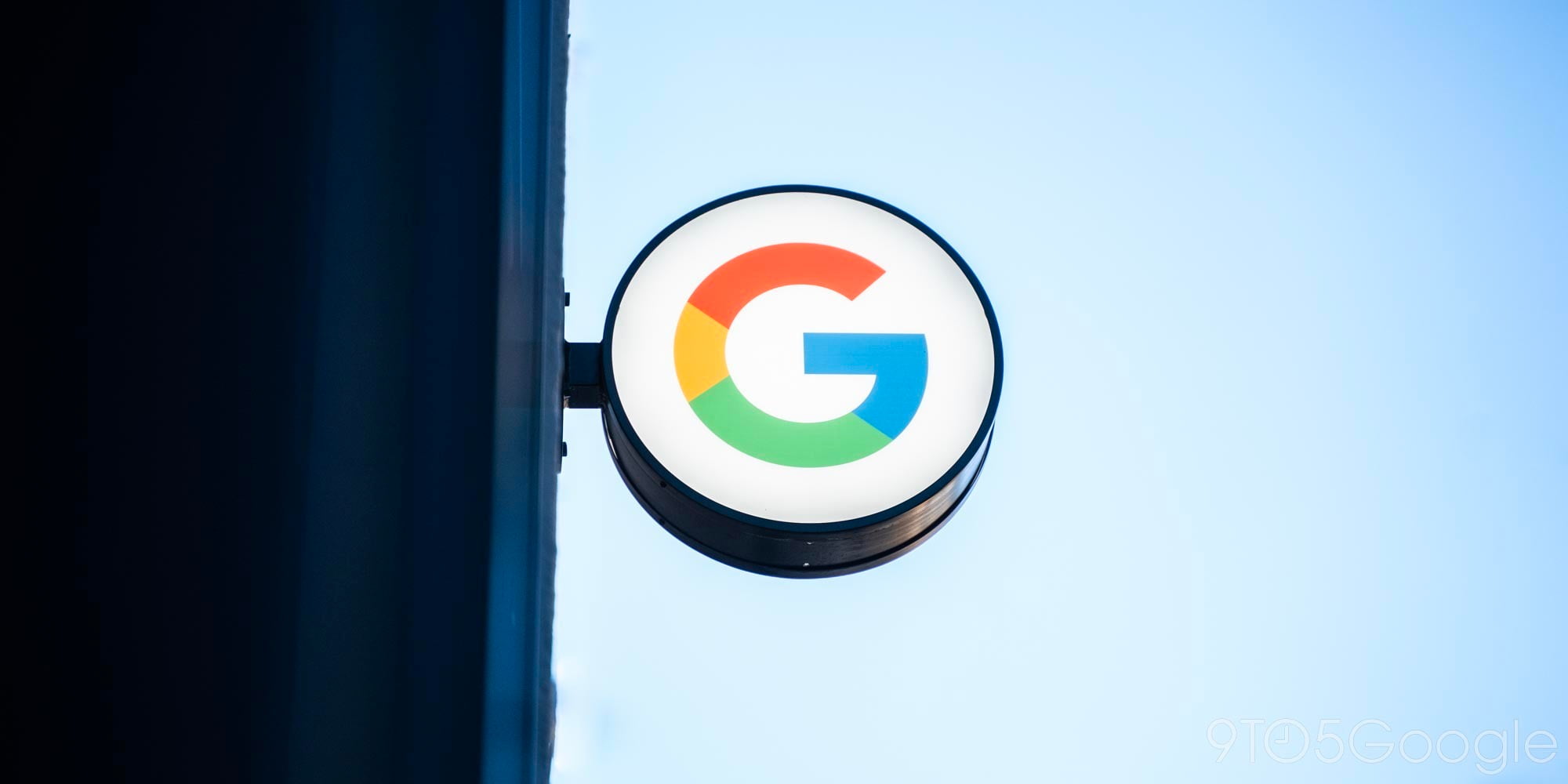Alphabet restructuring X to allow for outside funding, results in layoffs
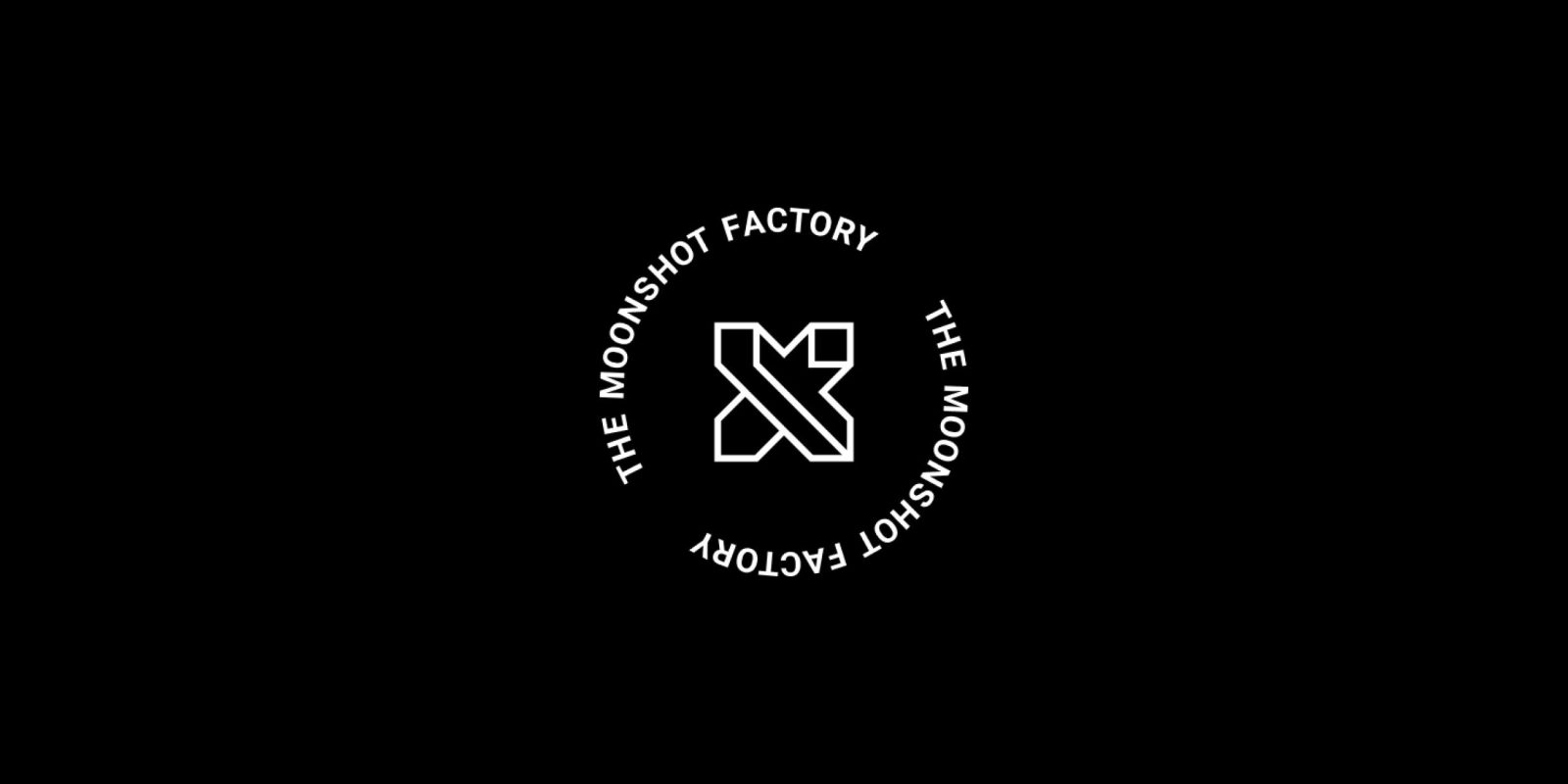
This latest round of Google layoffs are also impacting Alphabet’s X with a restructuring that sees the Moonshot Factory move to a new funding model.
Expand Expanding Close
